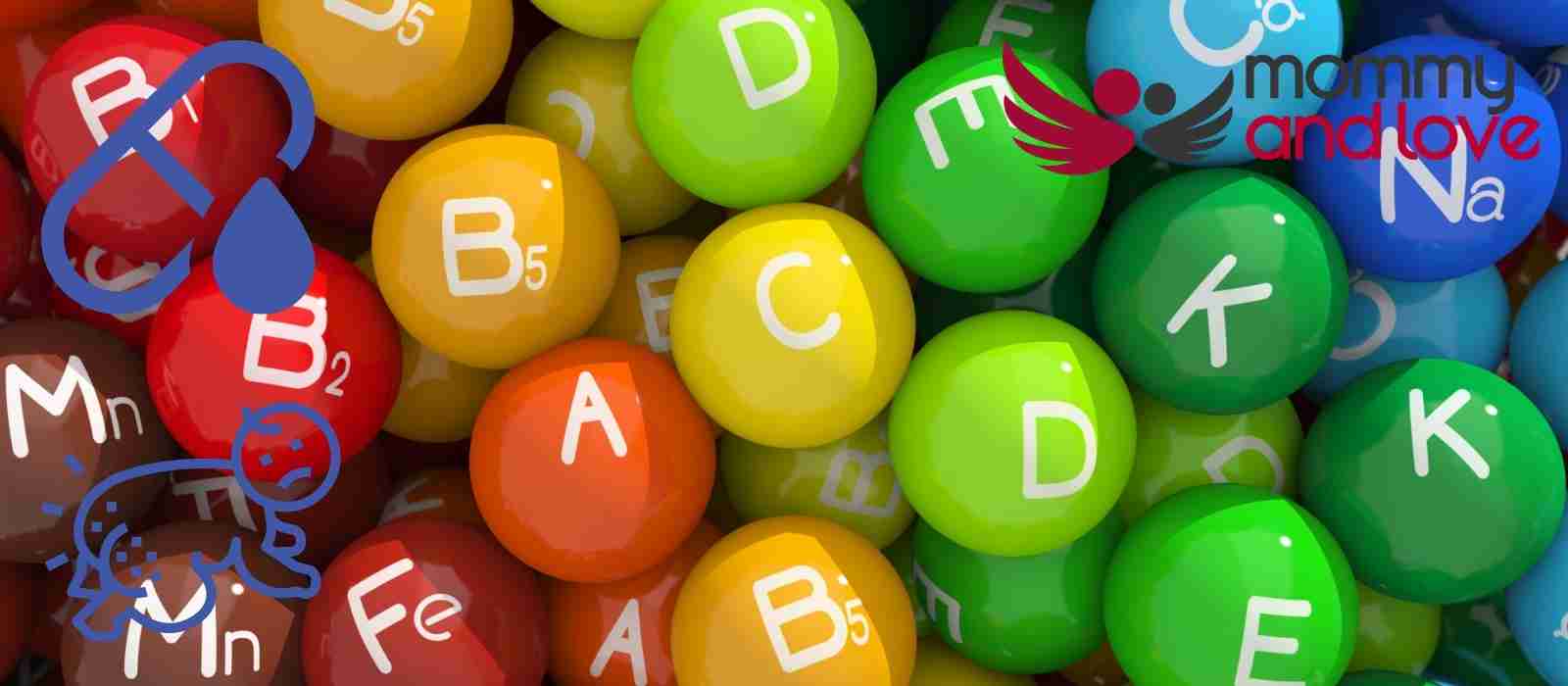If you’re a parent, there’s a good chance you’ve dealt with diaper rash at some point. Diaper rash is a common problem that can cause redness, inflammation, and itching in the affected area.
In most cases, it can be treated relatively easily with over-the-counter medications or home remedies. But what if your child’s diaper rash is caused by something as seemingly harmless as iron drops or supplements? Can these products lead to a bad case of diaper rash? Read on to find out.
What are iron drops and supplements?
When the amount of iron in the diet is insufficient, iron supplements(ferrous fumarate, ferrous gluconate, ferrous sulfate) are used to cure or prevent side effects of anemia (a lower than the normal number of red blood cells). It is a mineral that can be obtained through food supplementation.
To fulfill the increasing demands of extra blood volume, the developing placenta, and the growth of the baby, the average pregnant woman needs a particular amount of iron in their body every day.
Are iron drops necessary for babies?
Your baby probably doesn’t need iron drops, at least not for the first four months. Then it depends on whether she is formula-fed or breast-fed, as well as whether she is eating solid food.
A 6-month old infant’s iron requirements can be satisfied by introducing iron-rich meals, iron-fortified cereals, or iron supplement drops.
It’s essential for babies to receive sufficient iron because side effects of iron deficiency can cause significant delays in growth and development, as well as long-term health implications. Generally, healthy infants acquire enough iron from their mother during the final three months of pregnancy to last them the first four months of life.
Do breastfed babies need iron drops?
Babies who are fully breastfed or receive more than half of their nutrition from breast milk require iron supplements beginning at 4 months of age. Because they have fewer iron reserves, premature newborns, whether breastfed or formula-fed, frequently require baby supplements as well.
Iron supplements are completely safe to take by breastfeeding mothers. Your healthcare provider may write you a prescription or suggest an over-the-counter supplement that is appropriate for you.
Are iron supplements safe for babies?
Generally, drops for iron supplementation are safe for babies. Iron and other vitamins should ideally be received by children through well-balanced, nutrient-dense foods. If they eat enough iron-rich foods, they may not need an iron supplement.
Some children, however, are at a higher risk of iron deficiency side effects and may require a supplement. Before giving iron supplements to your baby, consult with your healthcare provider.
Checking for anemia should be part of your child’s routine health exam, but if you have any concerns, talk with your doctor to know how to treat them.
Your doctor may also draw a little blood sample from your baby to assess her red blood cells. If your doctor believes your child is iron deficient, he or she may recommend a supplement.
It has also been demonstrated that the administration of probiotics (good bacteria) and prebiotics may improve iron absorption.
Parents should also know that too much iron, on the other hand, might induce diarrhea and make your baby’s stool dark.
Do iron drops cause diaper rash?
It is extremely rare for iron drops to cause a diaper rash in a baby. However, supplements usually contain preservatives that might elicit an allergic reaction. For instance, the iron supplement may contain citric acid.
Citric acid is a common industrial ingredient in pharmaceuticals and dietary supplements. It is added to medications to help stabilize and maintain the active chemicals, as well as to enhance or disguise the flavor of medicine. This preservative can cause loose bowel movements, diarrhea, rashes and hives.
If your baby develops a diaper rash after taking the iron supplement drops, stop giving them to your baby until you talk to her doctor about it. He or she will give you professional medical advice and help you determine if a course of medical treatment is necessary.
You should also be on the lookout for other signs and symptoms especially severe ones like trouble breathing, high fever, rashes all over the body and swelling.
Conclusion
Babies can’t go without iron in their diet, especially when they are breastfeeding or feeding on solids. Iron can be found in breastmilk but only if the mother has an adequate amount of it herself. If they have already started consuming solid foods, they can also get it from iron-rich foods.
The best way to ensure your baby gets enough iron is by giving him supplements that can help keep anemia at bay and provide a healthy environment for development. However, these drops should not lead to diaper rash as this symptom is extremely rare with supplement use in infants.
If you notice any changes in skin coloration or behavior of your baby after taking the supplement, consult your pediatrician before continuing its usage.




